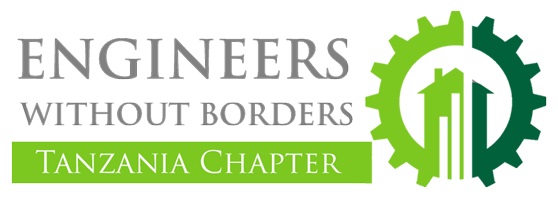Circular Economy in Household Waste
Urban centers in developing countries, including Tanzania, are grappling with mounting challenges in managing ever-increasing volumes of municipal solid waste. Rapid urbanization, population growth, and changing consumption patterns have overwhelmed the capacity of traditional waste management systems.
The Circular Economy for Household Organic Waste project is focusing on a Zero Waste, using concepts of “Circular Economy in Municipal Waste” in the selected Municipalities of Tanzania; Kinondoni, Arusha, Iringa, and Mwanza. The project falls under the organization’s agricultural innovation programming, where EWB Tanzania finds nature-based agricultural solutions viable for implementation in Tanzaniab..
It’s all about Thrill, High Speeds
and Top Level Risk
Focusing on a Zero Waste
Clean Energy
Circular Economy
“Renewable energy for a community”
A neighbourhood or village, collectively generates electricity or heat using renewable sources like solar, wind, or hydropower, often through small-scale projects that are owned and managed by the community itself


Small-scale projects with Local ownership
Community members are directly involved in decision-making, development, and ownership of renewable energy projects. Typically involves smaller installations like rooftop solar panels, community wind turbines, or mini-hydropower systems.

